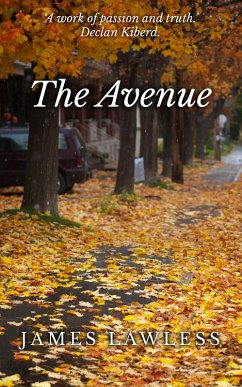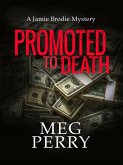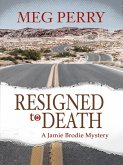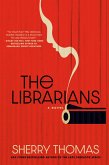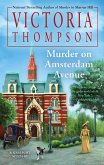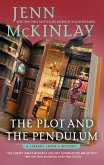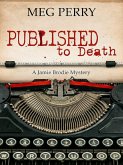'James Lawless has a mighty thoughtful and penetrating capacity to make you gasp and rage and then burst out laughing: wheels within wheels, circles within circles, this book is very good.'
Jennifer Johnston.
'A work of passion and truth, which captures a moment of painful transition in the national story. If a multicultural England has drawn a map of itself in Brick Lane, so has a postmodern Ireland traced its past and present in The Avenue. James Lawless has revealed with indignation and art, yet another Hidden Ireland beyond the imaginings of our ancestors.'
Declan Kiberd.
'As much a critique of social ills and suburban decay as a tale of community angst in the areas left behind by the boom... this book comes recommended.'
Julian Fleming, Sunday Business Post.
'It was pretty page-turning and struck me as a much better portrayal of Irish life in transition from traditional to modern than many a more self-consciously reminiscent tale.'
Roslyn Fuller, Metro Éireann.
Dieser Download kann aus rechtlichen Gründen nur mit Rechnungsadresse in A, B, CY, CZ, D, DK, EW, E, FIN, F, GR, H, IRL, I, LT, L, LR, M, NL, PL, P, R, S, SLO, SK ausgeliefert werden.

